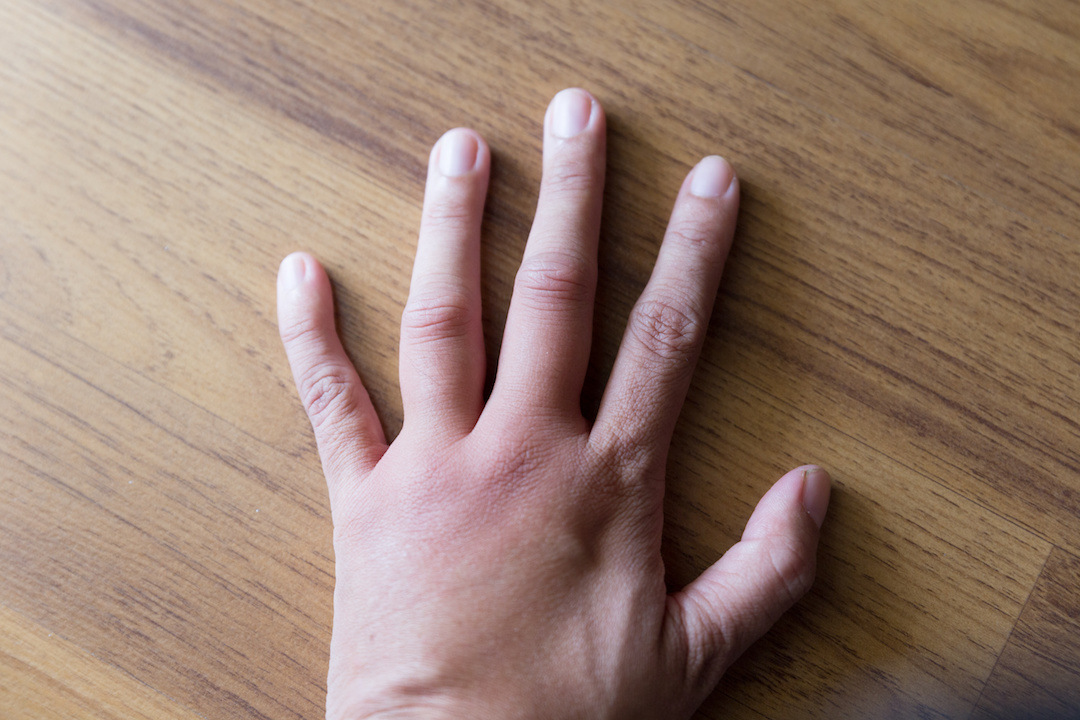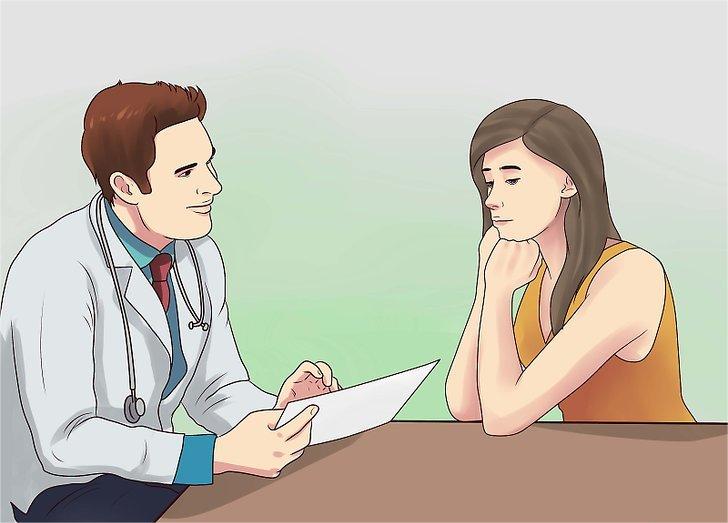Swelling of the fingers may be caused by edema, injury, or may be caused by factors that cause excessive fluid accumulation in certain parts of the body, such as the hands, feet, ankles, or legs. Edema may be caused by pregnancy, specific medical conditions, such as kidney problems, lymphatic system disease, or heart failure. Here are some suggestions for reducing swelling in your fingers.
Diagnose Your Edema
Understand that edema can be caused by a variety of reasons. Understanding the physical condition behind edema can also help plan treatment for edema.
- Edema caused by injury. Injury is the most common cause. Pooling of blood at the infected site can lead to edema. Apply ice before treating the wound (this compresses blood vessels) and then apply heat (this helps fluids flow).
- If your bruise or cut lasts longer than two weeks, symptoms may become more severe or frequent or may signal a skin infection. Talk to your doctor right away.
Learn about other causes of edema. These reasons also need to be noted.
- Edema due to allergic reaction. When your body encounters something it’s allergic to, it releases histamine into your bloodstream. To reduce edema, take histamine inhibitors. If you have extreme difficulty breathing after an allergic reaction, see your doctor right away.
- Edema due to obesity. Obesity can cause the body’s lymphatic system to slow down and cause edema in the hands and feet. If you think your edema may be a result of obesity, talk to your doctor or nutritionist.
- Edema due to infection. You may have flexor tunnel syndrome or cellulitis on your hands. Some bacterial infections can enter the blood vessels or lymph nodes and affect the hands, so it’s important to talk to your doctor if you suspect an infection.
Treat Swollen Fingers
Exercise your swollen fingers. Move your fingers to allow excess fluid to return to the heart. Exercise can return blood to the areas where pressure is applied to push fluids through the body. Perhaps the simplest movement is typing on a keyboard, flexing your fingers, or getting dressed, or making breakfast. Any exercise that allows you to move your fingers can reduce swelling.
- If you don’t have time for traditional exercise, consider walking for 15 minutes every day. Just walking for 10-15 minutes can improve blood circulation in the body. You can wave your arms up and down while walking.
- Obese people are more likely to develop edema because their lymphatic systems work more slowly. If the lymphatic system returns to normal, the edema will also be reduced. Regular exercise, eating a healthy diet with plenty of fruits, vegetables, and protein, and drinking plenty of water can help your body’s lymphatic system function adequately.
Edema is caused by poor blood circulation or blood pooling in the hands. Raising your hands helps pooled blood flow back to your body.
- Lift your hands above your heart for at least 30 minutes, 3-4 times a day, to treat severe edema. Doctors may also recommend that you raise your arms above your heart while sleeping.
- Lifting your arms and fingers for short periods can reduce mild edema.
- Try raising your arms above your head, locking them together, and then lowering your hands. Tilt your head back and hold for a while. After 30 seconds, relax your hands and wave your arms. Repeat this action several times.
Massage with fingertips toward the heart. Massaging your hands stimulates muscle and blood flow back to your fingers, which helps you drain excess body fluids.
- Try a professional hand and foot massage. Hand and foot massages are a great deal.
- Give yourself a hand massage. Gently pinch the other hand between the thumb and index finger of one hand. Massage with thumb and index finger from bottom of palm to fingertips. Repeat once for each finger, then do it with the other hand.
Wear compression gloves. Compression gloves provide pressure on your hands and fingers to help drain fluids.
Salt causes your body to take in too much water, which can affect your fingers. By controlling your salt intake, you reduce the likelihood of excess fluid retention. If you feel your food is too bland without salt, you can add other condiments.
Maintain the proper temperature at home or in the office. Proper temperature helps blood circulation. Maintains ambient ambient temperature to reduce the likelihood of finger swelling due to extreme temperatures.
- Research shows that hot baths, showers, and stress increase the likelihood of edema in parts of the body, including fingers.
- Extreme cold temperatures may also cause edema. If your finger edema is caused by bruising, applying low temperatures (such as wrapping some ice in your clothes) can reduce the swelling.
Diuretics reduce fluid in patients with edema. Take it as prescribed and the edema in your fingers should lessen.
Tips
- If the edema persists for a long time without relieving or becomes severe, contact your doctor immediately. Severe or persistent edema is a sign of serious illness, such as tumors, heart disease, or other problems that require immediate attention.
- Pregnant women should contact their doctor before starting treatment for edema in their hands. Diuretics are not suitable for pregnant women.




